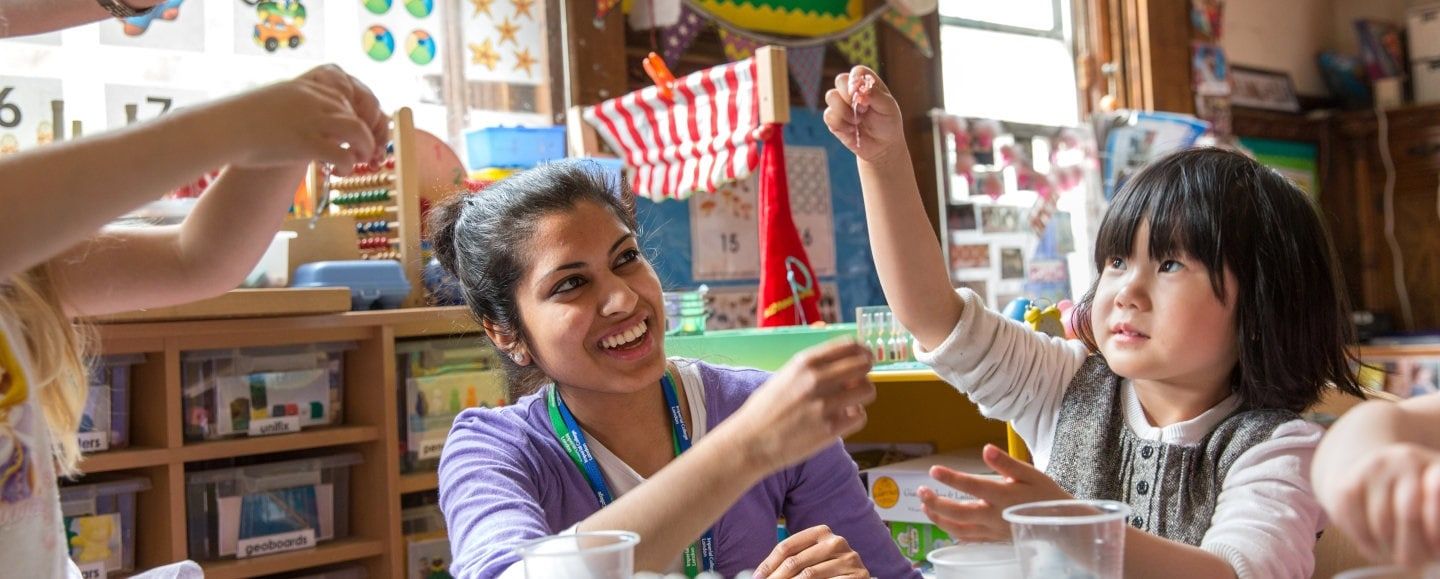
Raising quality in the early years
Published
Tuesday, 3 January
Author
Mark Rosser
Categories
Blog
January
Share
Through 2016, the Family and Childcare Trust, supported by Community Playthings, has published a series of papers looking at quality in the early years. We know that it is the quality of provision that makes the biggest difference in outcomes for children, but that too many children are missing out on high quality early education that will boost their outcomes.
This content is restricted to BESA members
LoginNot yet a member?
Become a part of the BESA community and unlock exclusive business advantages, including:
- Trusted provider status to enhance your industry credibility
- Exclusive discounts on major exhibitions and events
- Access to vital sector insights with resources like the BESA Barometer and Compass reports
- Networking opportunities with industry leaders
- Exclusive business benefits designed to help your organisation thrive
Join now and take advantage of BESA's membership benefits to stay ahead in the industry.
Become a member